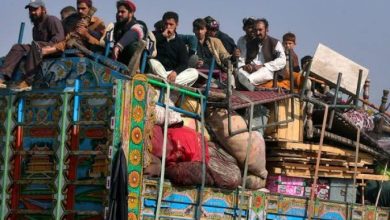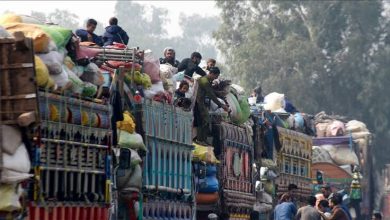
UNAMA Calls for Support of Free Media in Afghanistan on World Press Freedom Day
Coinciding with World Press Freedom Day, the United Nations Assistance Mission in Afghanistan (UNAMA) expressed concern over the increasingly restrictive environment for media in the country and called for serious support for press freedom.
In a statement released today (Saturday, May 3), UNAMA quoted Roza Otunbayeva, the UN Secretary-General’s Special Representative for Afghanistan and head of the UNMA, as saying: “World Press Freedom Day is a reminder of the critical role that journalists and the media play in Afghanistan. Media form the foundation of an informed and dynamic society, and their role must be protected.”
She warned about the worrying trend of weakening free media in the country: “A diverse and healthy media sector is vital for ensuring transparency, public trust, and good governance. However, in Afghanistan, we are witnessing the steady erosion of independent media.”
According to UNAMA’s statement, media outlets in Afghanistan are grappling with a severe economic crisis and restrictions imposed by the Taliban government. These challenges have led to the closure of several media outlets, and the working environment for journalists—especially female journalists—has become increasingly hostile.
Meanwhile, the statement also voiced concern about the growing impact of artificial intelligence on Afghanistan’s media landscape. Patricia McPhillips, UNESCO Representative in Afghanistan, was quoted as saying: “Artificial intelligence can be misused to spread misinformation, hate speech, and introduce new methods of surveillance and censorship, which pose a serious threat to freedom of expression.”
She added: “These conditions demand stronger national and international cooperation to protect press freedom and confront technological threats more than ever before.”
This comes as Afghanistan was ranked 175th out of 180 countries in the latest World Press Freedom Index released by Reporters Without Borders.
Additionally, the AFJC reported in its annual review of press freedom that between May 2024 and now, it has documented 215 violations of media freedom. According to the center, these include 175 cases of direct and indirect threats and 40 arrests of journalists—a 58% increase compared to the previous period (May 2023 to May 2024).



